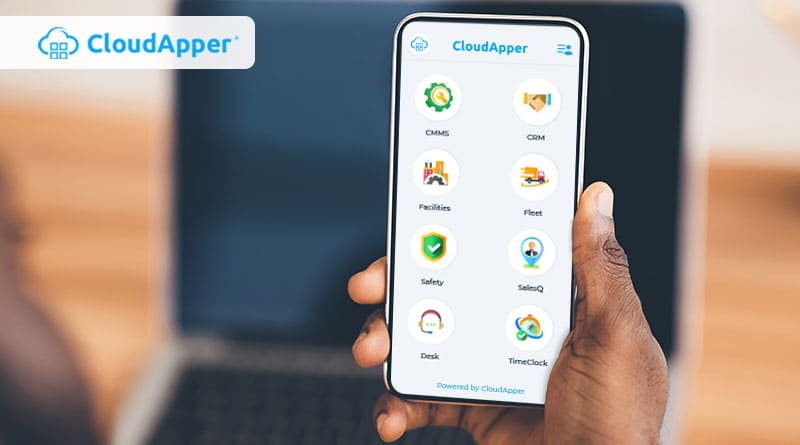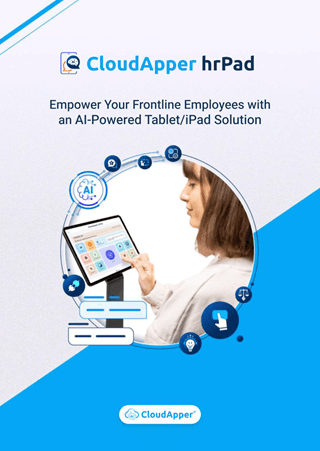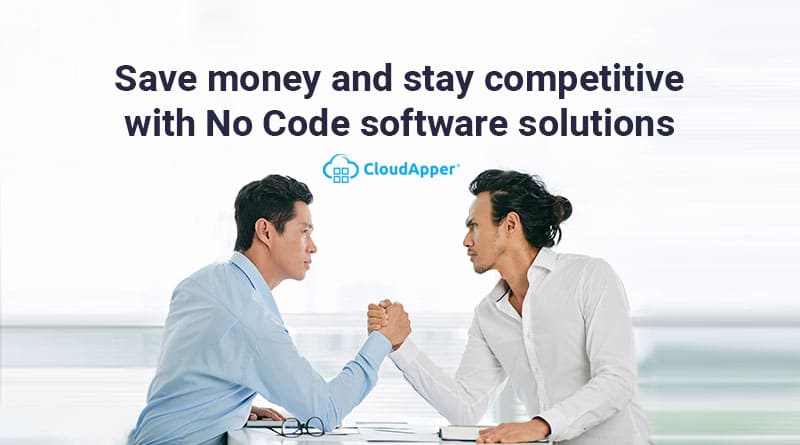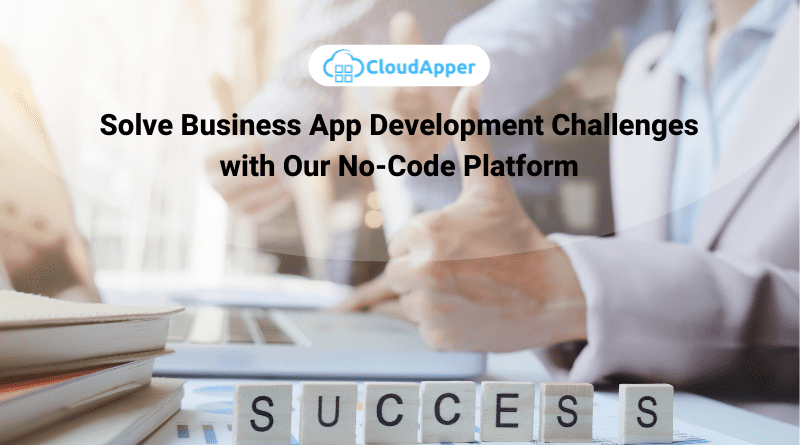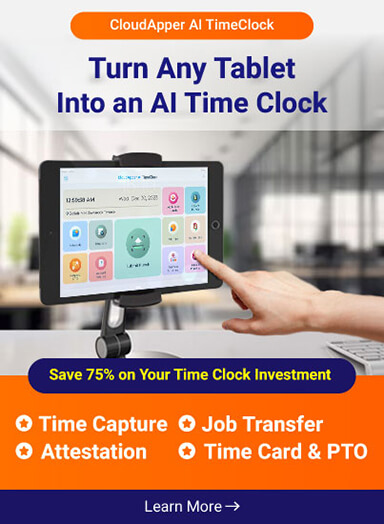The business environment is constantly transforming. The way companies operate today is vastly different from how they did ten years ago. Yet, some companies still operate with the software solutions that they implemented several years ago. To remain competitive in the modern business environment, companies must use all the tools at their disposal. This includes mobile applications.
What is a legacy application?
Legacy systems can be defined as outdated software solutions that are still in use within a company as it still meets the needs of the people using the systems.
The problem with legacy systems is that they are not the most suitable system for companies to use in the current business landscape. Legacy systems, while they may serve the intended purpose, do have several problems. The maintenance required for legacy systems can be costly. The funds used for maintaining a legacy system can be put to better use in other areas. As we have noted, legacy systems are outdated, which means that there is a heightened risk of security breaches. Continuing to use a legacy system can be a security threat. Besides the cost and security threats, a legacy system often does not have the features that many modern systems have, which makes it effective, but not necessarily efficient.
Why should you move to a mobile application?
With smartphones being so ubiquitous, it is only a matter of time before companies begin to take advantage of the benefits they can provide. The first benefit that is often spoken about when it comes to mobile applications is mobility. By introducing mobile applications to your workforce, they no longer need to be in the office to execute their tasks. They are no longer bound to working on a legacy system. Mobile applications provide flexibility – employees can work from anywhere, an option that is not possible with a legacy system. Before mobile applications, business operations had to be conducted in a specific way that was possible with a legacy system. Once a company chooses to implement a mobile system, they are provided with the option to revisit their previous processes and look for methods to streamline them with the help of their new mobile applications. Mobile enterprise resource planning platforms are the most effective choice; for example, CloudApper’s subscription-based pricing option. As the platforms are cloud-based, they do not require any hardware to be installed for them to be operated. All an employee needs is a mobile phone.
Considerations when migrating from a legacy system to a mobile system?
With an understanding of the two systems, you may be wondering about how to migrate from a legacy to a mobile system. There are a few key considerations to make when migrating your business operations from a legacy system to a mobile application.
Get employees onboard
All employees are different. Some may be staunch supporters of a legacy system, while others loathe it. Some may welcome change, while others are very resistant to change. Getting all of your employees on the same page and communicating the reasons why the company is introducing a new system will ensure a smoother adoption process, and get employees excited about the new change. Training employees on how to use the new system is also advisable in this situation.
Review the current workflow
To get the best use out of a new system, it is crucial that the company review the current processes conducted by the legacy system, and look at how a mobile application can streamline it. Reviewing the workflow and finding issues that can be addressed by the new system ensures that companies will be getting the most out of their mobile applications.
Select a suitable application provider for your organization
With several mobile application platforms available, it can be overwhelming to understand which one you should select. By understanding the needs of the company, you will have a good foundation to make your decision. However, your chosen application should meet certain requirements. For example, a robust and secure system is necessary. The ability to integrate with other applications, such as SAP, is also crucial. It is also important to ensure that your chosen application is compatible with your company’s budget. By ensuring that your chosen application meets these standards, the selection process will be much simpler.
Conclusion
Mobile applications can be very advantageous to many businesses, regardless of their sector. Now is the best time to review whether your company is ready to move away from its legacy systems and embrace mobile applications. With CloudApper’s range of applications available, selecting a mobile application to take your business to the next level has never been easier.

